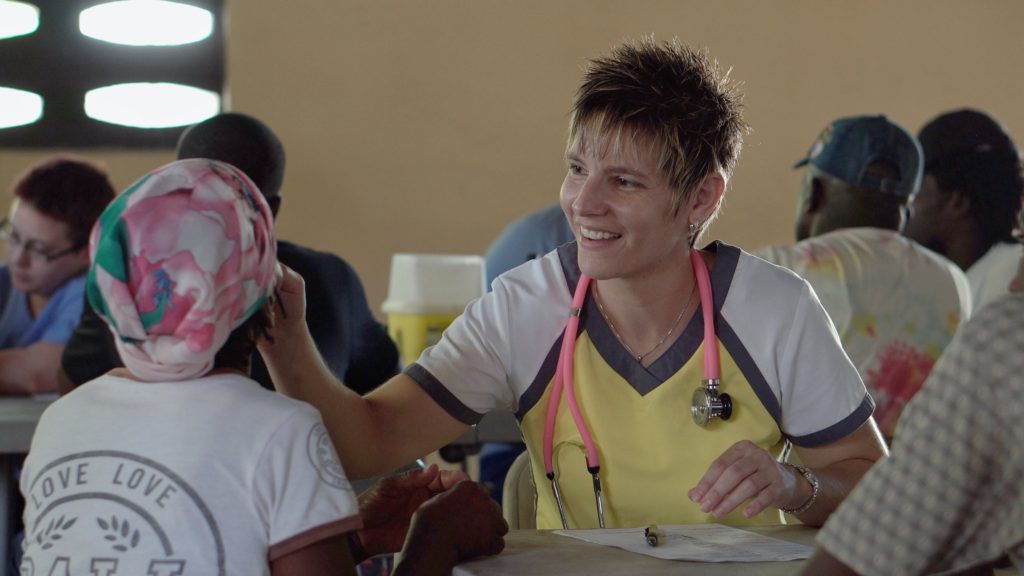The challenges our country faces when it comes to care—whether it be of young children, vulnerable populations, or seniors—are not new ones, but the onset of an international pandemic has brought to light the fragility of our systems of care. We lament the poor quality of care that our vulnerable populations are receiving in this time of crisis, but are often unwilling to address the conditions that need to be in place in the long-term in order for caregivers to be able to provide the care we expect.

Care according to philosopher Daniel Engster is “everything we do directly to help individuals to meet their vital biological needs, develop or maintain their basic capabilities, and avoid or alleviate unnecessary or unwanted pain and suffering, so that they can survive, develop, and function in society.” A moral baseline for any ethical system, according to Engster, is one where when any individual receives or has received care, they then have an obligation to provide care for others “in an attentive, responsive, and respectful manner” (The Heart of Justice: Care Ethics and Political Theory).
In order to provide attentive, responsive and respectful care, we need to be receiving this kind of care ourselves. Yet, in our culture, parents are expected to juggle work and parenting without sacrificing any quality in either domain. Public nursing homes are often underfunded and understaffed. Although caregiving work is difficult, stressful, and draining, pay in this profession is low, benefits are negligible, and most positions are part-time or casual. The caregiving industry relies heavily on recent immigrants, who have to work multiple jobs to earn sufficient income (The Pandemic and the Politics of Long-Term Care in Canada). The conditions under which most caregivers work then is not ideal for providing the best possible care for others, and yet we expect them to strive for the impossible.
There are many reasons why care work might not be valued and prioritized as it should in our culture. According to Madeline Bunting, author of Labours of Love: The Crisis of Care, care requires a lot of skill and knowledge that can be hard to identify. Care workers often face unprecedented situations that require judgment, intelligence, responsiveness, and emotional intelligence. In addition, there is a level of compassion expected from care workers that we expect to be present throughout all situations. But as Bunting argues, care is not predictable work, it is highly situational and needs to be adaptive. As such it is hard to routinize and value accordingly.
As well, as many including Bunting have pointed out, in many parts of the world caregiving work has historically been assigned to women and has often remained in large part invisible. In the push for women to go back to work outside the home, the care work that occurred within the home was often dismissed or devalued. We still often fail to recognize the demanding nature of this work, and we expect parents, especially mothers, to take on this work and do it well, while also excelling at their paid work.
With respect to care for seniors, the pandemic has brought attention to the challenges still faced by long-term caregivers and nursing homes across Canada and the US. The outbreaks and deaths that have occurred in care homes over the past year have brought to light the vulnerability of certain populations within our community, and our system’s inability to adequately provide long-term care especially in a time of crisis.
The recent report put out by Minister of Health and Seniors Care Lynne Stevenson, which describes the results of their investigation into the outbreak at the Maples care home, names the factors that contributed to the outbreak in the short-term, but does not investigate the long-term systemic factors that led to this outcome. Nineteen staff members left employment at the home during the 2020 year, and Revera was unable to replace them in time to prevent a dramatic outbreak at the home. The report does not investigate what were the working conditions like for these staff before the pandemic, and what led to their eventual decision to stop working during the pandemic. We can imagine that, like many privately owned seniors homes, wages were not high, a lot of work was part-time, and there was little support in the way of benefits or paid leave.
Sign the Council of Canadian petition to support long-term care work in Canada
The cutbacks to care extend to other sectors of society. Doctors and nurses are overextended and have very little time or opportunity to develop caring relationships with their patients. Teachers have large class sizes with little opportunity to meet one-on-one with students. Social service centres are understaffed and are unable to attend to clients to the best of their ability. In most of the private sector, leave for mental health and well-being is non-existent. If we are in any way obligated to provide care to each other, then we are also obligated to take care of those who provide us with care. More then ever, COVID has shown that care is essential to human life. We all depend on the work caregivers do; care is a matter of life and death.
As a society, our attention must turn to the fragility of our care systems. We have chosen not to provide enough resources to caregivers who become exhausted by an enduring pandemic. But if we can learn to notice, understand and revalue care work we can create the conditions by which caregivers can do that work well, and importantly, over the long term. We can prevent the tragedies of care that are happening now from happening again.
